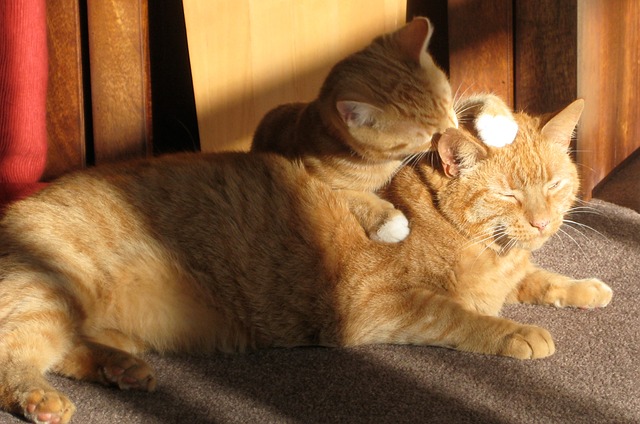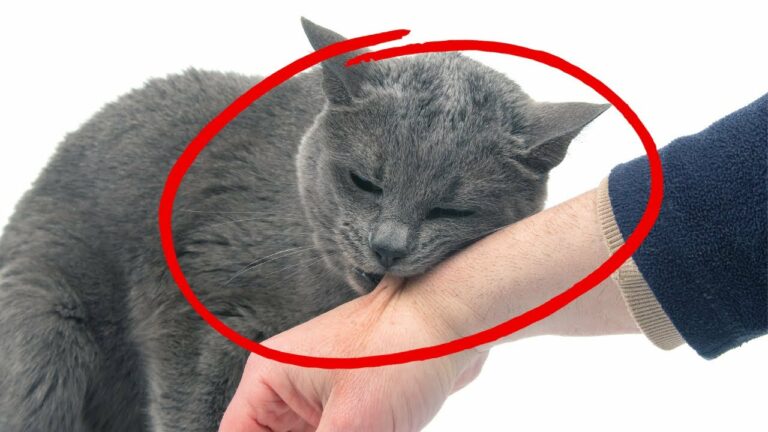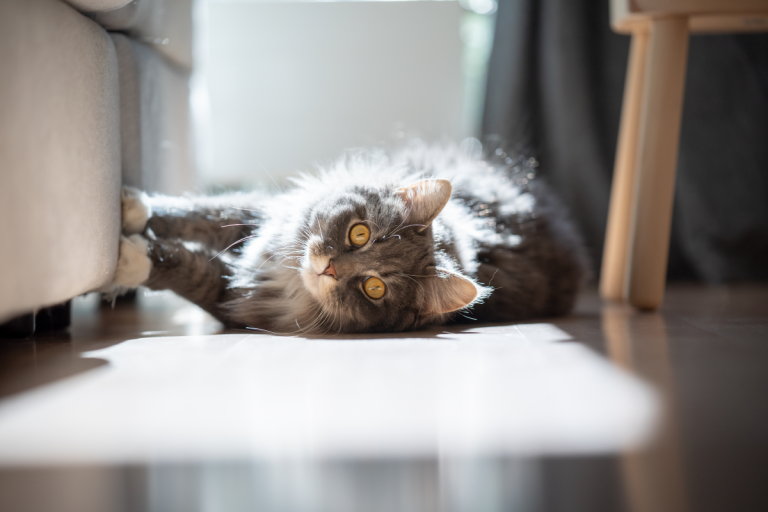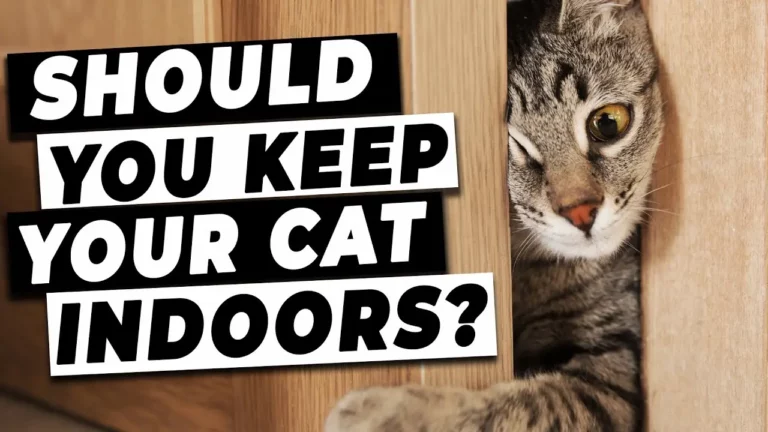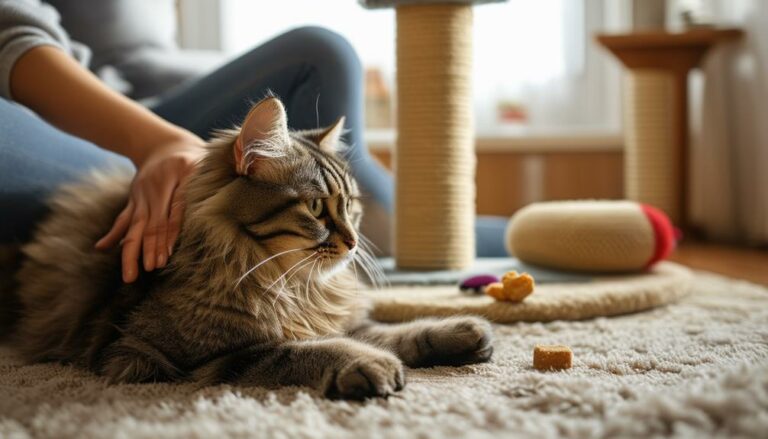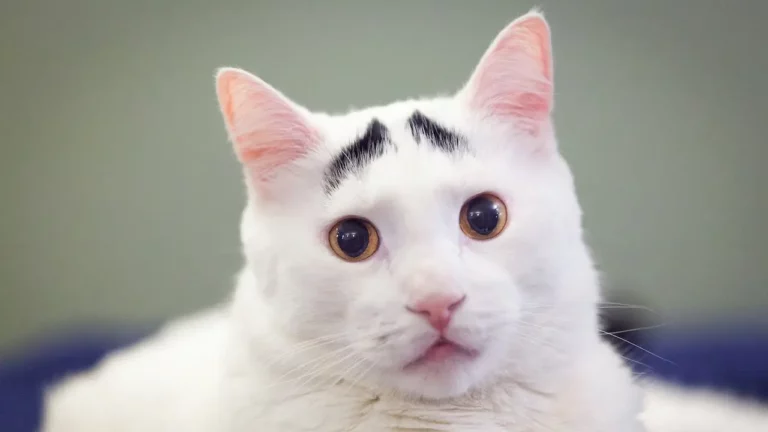Signs Your Kitty Would Love A Second Cat
Have you noticed your kitty meowing more than usual or displaying an unusual level of playfulness?
These behaviors might be more than just quirks—they could be signs your fluffy friend is craving more companionship.
If your
Constant attention-seeking and a need for more social interaction are strong indicators that your kitty may benefit from a
But how do you know for sure?
Let’s explore these signs in more detail.
Increased Vocalization
If your
Cats often use vocalization to communicate with their human pals, and an increase in this behavior can indicate loneliness or boredom.
When a
You might notice your
This behavior can be a clear indicator that your kitty buddy is yearning for more social engagement.
They could be feeling left out, especially if your schedule doesn’t allow for frequent playtime or bonding sessions.
A solitary
Pay attention to the context of these vocalizations. Are they happening when you leave the room or when you’re busy with other tasks?
These meows could be your
Excessive Playfulness
Your
Cats are naturally playful creatures, and when they’ve a playmate, they can engage in activities that mimic their instinctual behaviors, like chasing and wrestling.
When your
You might notice them trying to catch your attention by batting at your feet or jumping on furniture. This is their way of saying they need more stimulation and companionship.
A second pet can offer the constant interaction and play that your energetic kitty craves.
Signs of Loneliness
Lonely cats often exhibit behaviors like excessive meowing, clinginess, and signs of depression.
If your kitty is constantly vocalizing, it’s a strong indicator they’re seeking more interaction.
This meowing can be particularly noticeable when you’re home but not directly engaging with them.
Clinginess is another sign; your
They might even become a bit of a ‘lap shadow,’ constantly seeking physical contact and comfort.
Depression in cats can manifest in several ways, such as lethargy and a lack of interest in their usual activities.
You might notice your
They could also start hiding or isolating themselves in quiet, out-of-the-way places, avoiding interaction altogether.
Additionally, grooming habits can change; a lonely
These signs suggest your
Changes in Appetite
Another clear sign your
If your normally ravenous kitty suddenly shows little interest in their food, it could be a sign of loneliness or depression.
Conversely, if they start overeating, it might be a way to cope with boredom or stress. Cats, like humans, can use food as a source of comfort when they’re feeling isolated.
Pay close attention to your
Has there been a sudden drop in their food consumption, or are they constantly meowing for more?
A consistent change in appetite, either up or down, warrants a closer look. Verify there are no underlying medical issues by consulting your vet, but also consider their emotional needs.
Introducing a second
With another kitty around, your
They can share the experience, making it more enjoyable. This social interaction can help regulate their appetite, bringing it back to normal levels.
Sometimes, the presence of another
Seeking Constant Attention
A
If your kitty follows you from room to room, meowing persistently, or jumps into your lap the moment you sit down, it could be feeling lonely.
Cats are social animals, and while they can enjoy human company, another
When your
You might notice it pawing at you while you work, rubbing against your legs incessantly, or even becoming mischievous to get noticed.
These behaviors can indicate that your
Moreover, a second
They can play together, groom each other, and simply enjoy each other’s presence. Not only can this reduce your
If your kitty’s constant need for attention is becoming overwhelming, it might be the perfect time to think about adding another
Conclusion
If your kitty is meowing more, being extra playful, or showing signs of loneliness like clinginess or disinterest in usual activities, they might benefit from a second
Changes in appetite and the need for constant attention are also key indicators.
Introducing another
Consider these signs carefully to make sure your kitty gets the social engagement they crave.

